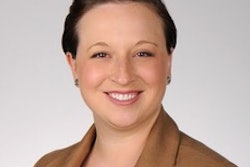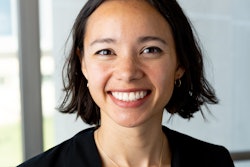Dr. Freeman Hrabowski III, president of the University of Maryland, Baltimore County, recalls a day he spent with renowned historian, author and civil rights activist the late Dr. John Hope Franklin more than a decade ago as one of the most memorable days in his life.
Franklin had invited him to his home and to the Duke University campus, where Franklin was a professor emeritus, but Hrabowski didn’t realize until he arrived just how enjoyable the visit would be.
“He had an amazing facility that he and his wife had built just for orchids — the most delicate and rare of orchids — in his backyard. It was magical, just magical,” Hrabowski reflects, noting that, as they walked, the historian “shared his wisdom about life and about my work. He wanted to have conversations with me about the work that we do here at UMBC.”
After being notified he would be this year’s recipient of the Dr. John Hope Franklin Award, Hrabowski touched on some of the highlights of his career, but he also seized the opportunity to pay homage to the man he viewed as a mentor.
In a Zoom interview with Diverse, he says Franklin’s main message to him was that Hrabowski’s focus on diversity in the sciences was linked to Franklin’s work as the country’s leading Black historian.  Dr. Freeman Hrabowski receives his Dr. John Hope Franklin medal at virtual celebration earlier this month.
Dr. Freeman Hrabowski receives his Dr. John Hope Franklin medal at virtual celebration earlier this month.
“His point was that you cannot separate the production of Black scientists from the history of our country and our race,” Hrabowski says, adding, “It was that intersection that was critical.”
Hrabowski understood that intersection throughout his career and was able to put it into action when he partnered with philanthropist Robert Meyerhoff to found the Meyerhoff Scholars Program in 1988 to increase diversity in STEM-related fields by producing high-caliber Black and Brown graduates in those fields. The program has been so successful, producing 1,400 Meyerhoff Scholars with STEM degrees, that the Howard Hughes Medical Institute, Pennsylvania State University, the University of North Carolina at Chapel Hill and others are reproducing it.














